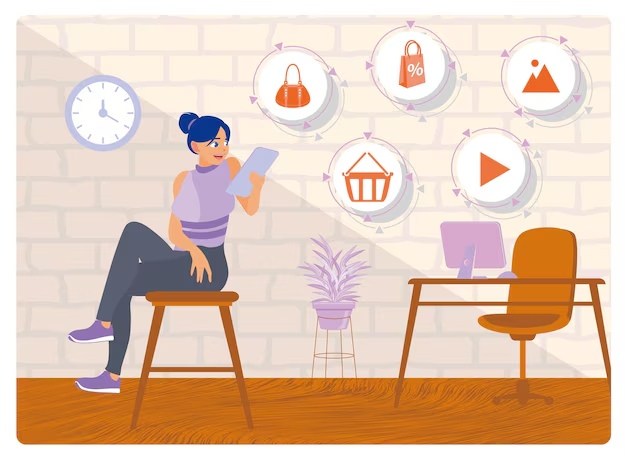In today’s world, digital distractions are everywhere. From notifications on your phone to constant emails and social media updates, it is easy to feel like your day is slipping away without accomplishing much. Reducing these distractions is not about going offline completely but about creating boundaries and habits that allow you to stay focused and regain control over your life.
Understand How Digital Distractions Affect You
Digital distractions can have a significant impact on mental health, productivity, and even sleep. Experts in psychology note that frequent interruptions make it harder to concentrate, increase stress, and reduce the quality of work.
Recognising the problem is the first step. Pay attention to how often you check your phone or switch between apps. Awareness allows you to make intentional changes rather than reacting automatically.
Audit Your Digital Habits
Before making changes, take stock of your current habits:
- Keep a brief journal for a few days noting when and why you use your devices
- Identify apps or notifications that pull your attention the most
- Notice times of day when distractions are strongest
This audit helps you understand patterns and target the areas that need improvement.
Set Clear Boundaries
Creating boundaries is essential to reduce distractions without feeling deprived:
- Turn off non-essential notifications on your phone
- Set specific times for checking emails or social media
- Use do-not-disturb features during work or focused periods
By controlling when and how you engage with technology, you reclaim time and mental space.
Create a Focus-Friendly Environment
Your environment plays a key role in your ability to concentrate:
- Keep your workspace tidy and free of unnecessary devices
- Use a separate device or window for work-related tasks only
- Consider background music or ambient sounds if they help you focus
A well-organised space reduces the temptation to switch tasks and improves efficiency.
Schedule Digital Breaks
Completely avoiding screens is unrealistic for most people. Instead, schedule intentional breaks:
- Take short walks without your phone
- Use breaks to stretch, hydrate, or breathe deeply
- Limit social media usage to specific times of the day
These breaks provide rest for your mind without letting distractions take over.
Practise Mindful Technology Use
Mindfulness can be applied to digital behaviour to prevent automatic scrolling or impulsive checking:
- Ask yourself before opening an app why you are doing it
- Pause to consider whether the action aligns with your priorities
- Reflect at the end of the day on how technology use affected your mood or productivity
Mindful use reduces wasted time and helps you regain intentionality.
Leverage Productivity Tools
Certain tools can help you maintain focus without adding stress:
- Focus timers or the Pomodoro technique to structure work sessions
- Website blockers for sites that are particularly distracting
- Task managers to plan and track daily priorities
These tools are supportive rather than restrictive and can help you maintain control.
Encourage Accountability
Sharing your goals with others can improve commitment:
- Let a colleague or friend know when you are trying to reduce digital distractions
- Schedule focused work sessions with someone to maintain accountability
- Reflect together on what worked and what needs adjustment
Positive accountability provides encouragement and reduces the feeling of isolation while changing habits.
Be Patient And Consistent
Reducing digital distractions is not a one-day task. It requires consistency and patience. Start with small, manageable changes, and gradually build new habits:
- Turn off one type of notification at a time
- Dedicate a single hour a day to device-free focus before expanding
- Celebrate small successes to reinforce positive behaviour
Consistency compounds over time, leading to noticeable improvements in focus and wellbeing.
Conclusion
Regaining control over your daily life is possible even in a digitally connected world. By auditing habits, creating boundaries, practising mindfulness, and using tools strategically, you can reduce distractions without feeling restricted. Small, intentional changes gradually build focus, improve productivity, and support a calmer, more balanced life. With patience and persistence, technology becomes a tool you control rather than a source of constant disruption.

